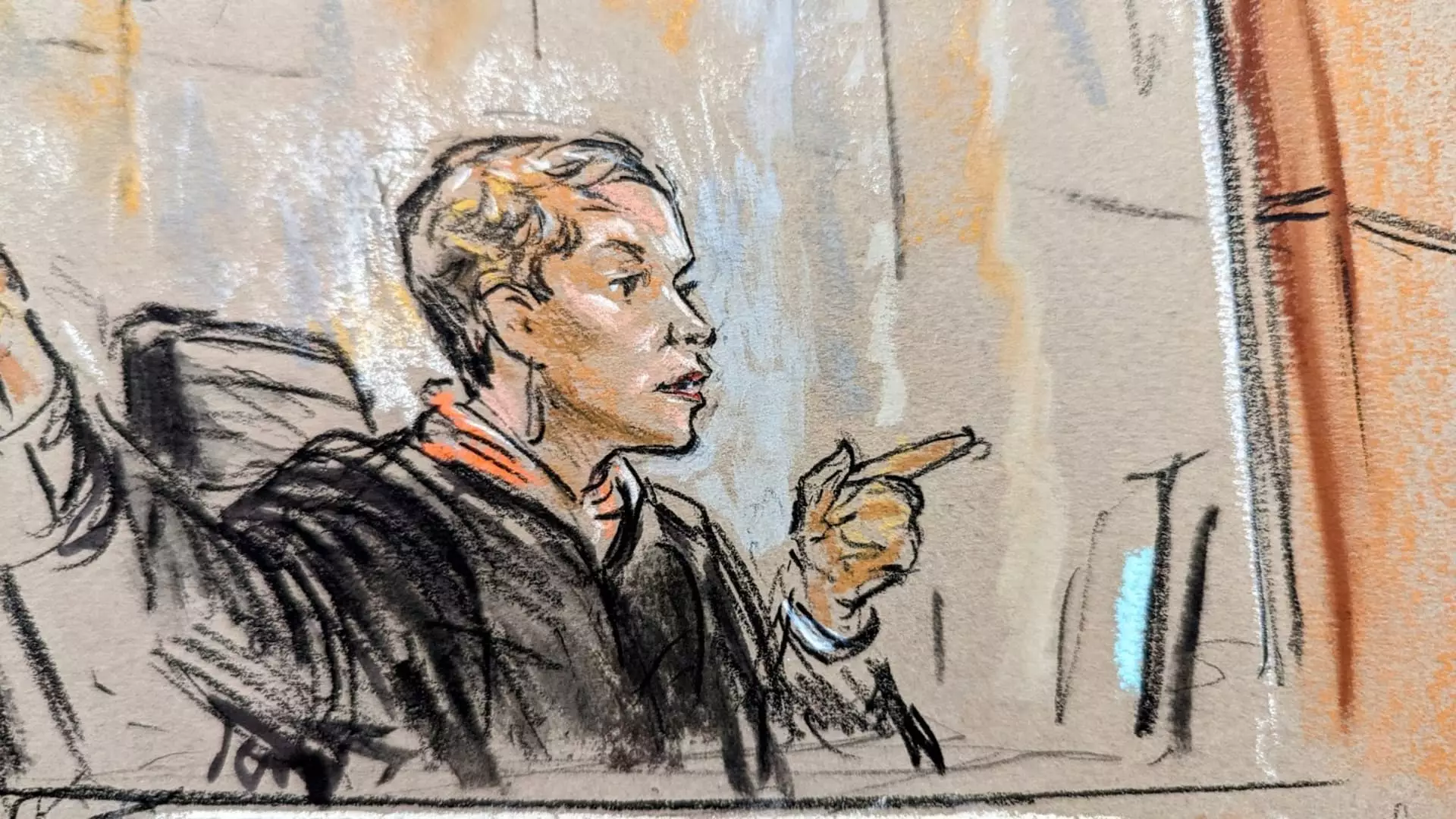In the complex political landscape of modern America, few events have ignited as much controversy and discussion as the legal troubles surrounding former President Donald Trump. Recently, Trump’s incendiary remarks regarding Judge Tanya Chutkan, the presiding judge in his election interference case, have brought to light not only his views on the judicial system but also the intricate relationship between law and politics. As Trump labeled Chutkan as “the most evil person” for her decisions regarding the release of court documents, the conversation regarding election interference and judicial integrity has reached a new intensity.
The backdrop of this controversy involves charges leveled against Trump by special counsel Jack Smith, who is investigating attempts by the former president to overturn the 2020 election results. As the legal proceedings unfold, the public interest in access to court documents becomes undeniably significant. Recently, Judge Chutkan ordered the unsealing of almost 1,900 pages of legal filings, a decision that Trump sees as strategically harmful to his campaign as he prepares for the upcoming presidential election against Democratic nominee Kamala Harris. Trump’s assertion that Chutkan is deliberately undermining his candidacy highlights his tendency to frame legal challenges in terms of political warfare.
Trump’s comments reflect a broader narrative he often employs—one that depicts the judicial system as a partisan battleground. Upon the unsealing of the documents, Trump expressed disbelief and outrage that such information would be disclosed shortly before the elections, referring to Smith as a “sick puppy” and accusing the judiciary of unethical election interference. This rhetoric is not merely an emotional outburst; it underscores a strategy aimed at rallying his supporters by portraying himself as a victim of a biased legal apparatus. Chutkan’s rebuttals to these claims have been firm, emphasizing that withholding vital information to shield a political figure carries its own risks of appearing to interfere with the electoral process.
In her written opinion, Judge Chutkan highlighted a fundamental tenet of the judicial system—that the public has a right to access information about legal proceedings. She challenged Trump’s assertions, pointing out that delaying the release of court documents under the pretext of political ramifications could itself amount to a form of interference. This precedent suggests that judicial impartiality must not only be maintained but also must be openly demonstrated through transparency. Chutkan’s dedication to the principle of public access to court records stands as a robust defense against the politically charged environment in which these proceedings are taking place.
The judge also criticized Trump’s legal representatives for relying excessively on political rhetoric rather than directly addressing the case’s legal concerns. This tactic not only diverts attention from the substantive issues at hand but also raises questions about the efficacy and professionalism of Trump’s defense. Chutkan’s remarks point out a growing concern in the field of law, where the intersection of politics and legal argumentation can obscure the clarity necessary for judicial proceedings. Such an approach may end up being counterproductive and could complicate their legal standing in court.
Trump’s statements about Judge Chutkan have resonated widely across media platforms, illustrating how public discourse can be shaped by emotional appeals rather than factual considerations. Despite the potential implications of his comments for judicial proceedings, they serve to galvanize his base of supporters, who may perceive the judicial actions as politically motivated. This reality raises questions about the responsibility of public figures to engage in careful discourse that respects the judicial process, particularly when individual liberties and democratic principles are at stake.
The ongoing disputes surrounding Trump’s legal battle underscore a profound intersection between law, politics, and public perception. As both sides engage in what appears to be a fierce battle of narratives, the judicial system faces the challenge of maintaining its integrity in an increasingly polarized political environment. Judge Chutkan’s commitment to transparency and fairness illuminates the difficult path judges must navigate when confronted with politically charged cases, where the stakes extend beyond mere legal judgments to encompass core democratic values. In a time when the lines between the legal system and political rhetoric are increasingly blurred, the importance of safeguarding judicial objectivity has never been more critical.

